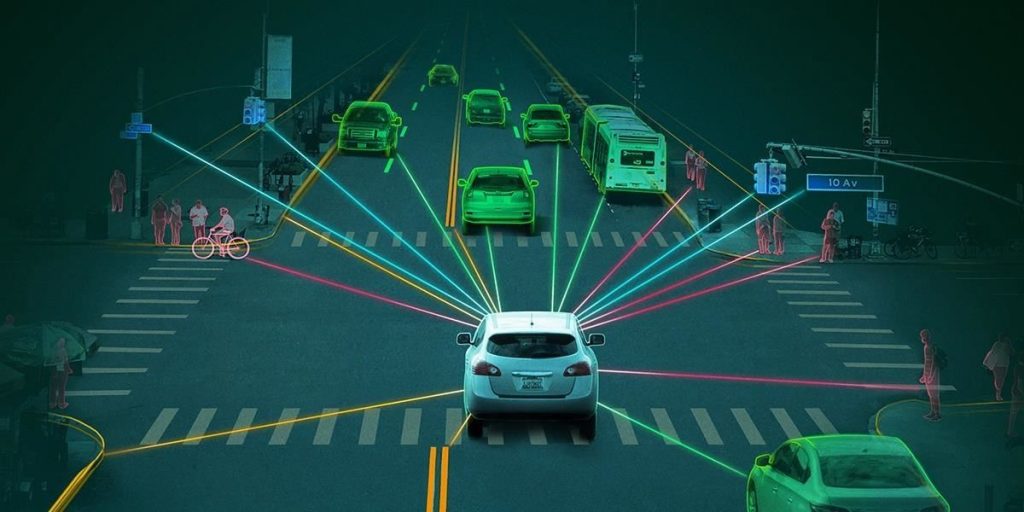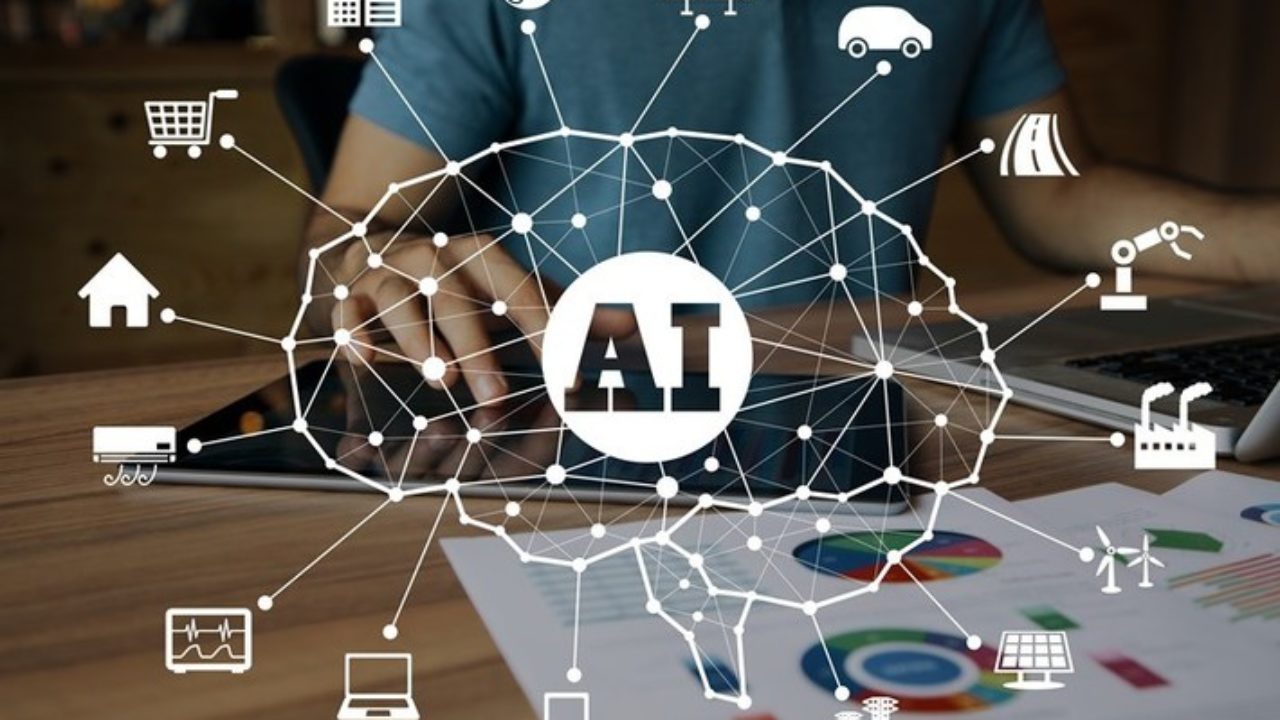Artificial Intelligence and the Future of Humanity.
Artificial Intelligence (AI) has become a buzzword in recent years. With its rapid advancement, there is no doubt that AI is transforming the world in which we live. AI has been implemented in various sectors such as healthcare, finance, transportation, education, and many others. The impact of AI is not just limited to the present but also has a significant influence on the future of humanity. In this article, we will explore the potential of AI and its impact on the future of humanity.
What is Artificial Intelligence (AI)?
Artificial Intelligence (AI) refers to the development of computer systems that can perform tasks that usually require human intelligence. It involves the creation of intelligent machines that can learn and reason like humans. AI systems are designed to process large amounts of data, recognize patterns, and make predictions based on the data.
AI can be classified into two types: Narrow or Weak AI and General or Strong AI. Narrow AI is an AI system that is designed to perform specific tasks. For example, an AI system that is trained to recognize speech, analyze data, or play chess. On the other hand, General AI is an AI system that is designed to perform any intellectual task that a human can perform. General AI does not exist yet, but it is the ultimate goal of AI research.
The Impact of AI on the Future of Humanity
The rapid development of AI has raised concerns about its impact on the future of humanity. The potential of AI is immense, but it also poses some serious threats. Let us explore some of the ways AI can impact the future of humanity.
Employment
AI has the potential to revolutionize the job market. Many jobs that require repetitive and routine tasks can be automated using AI systems. As AI becomes more sophisticated, it can replace even more complex jobs. This could lead to a loss of jobs for humans, but it could also create new jobs in the field of AI development and maintenance.
Healthcare
AI has already made significant contributions to the healthcare industry. AI systems can analyze medical data and provide diagnoses and treatment recommendations. AI can also be used to develop personalized treatment plans and predict disease outbreaks. In the future, AI could revolutionize the way we approach healthcare and help us solve some of the most challenging medical problems.
Education
AI has the potential to transform education in many ways. AI systems can be used to create personalized learning experiences for students. AI can analyze the learning patterns of students and provide them with customized content based on their strengths and weaknesses. AI can also be used to grade papers, provide feedback, and assist teachers in creating lesson plans.
Transportation
 AI is already being used in the transportation industry. Self-driving cars and trucks are becoming a reality, and AI systems are being used to optimize transportation networks. In the future, AI could make transportation safer, more efficient, and more sustainable.
AI is already being used in the transportation industry. Self-driving cars and trucks are becoming a reality, and AI systems are being used to optimize transportation networks. In the future, AI could make transportation safer, more efficient, and more sustainable. Ethics
The development of AI raises ethical questions about its use. AI systems are only as good as the data they are trained on. Biases in the data can lead to biased AI systems, which can perpetuate existing inequalities in society. Additionally, there are concerns about the use of AI in military applications, surveillance, and other areas that could violate human rights.
Singularity
The concept of singularity refers to a hypothetical point in the future when AI systems become so advanced that they surpass human intelligence. This could lead to a new era of technological progress, but it also raises concerns about the control of AI systems. Some experts predict that singularity could lead to a dystopian future where AI systems become uncontrollable and dominate humans.








0 Comments:
Post a Comment
Subscribe to Post Comments [Atom]
<< Home